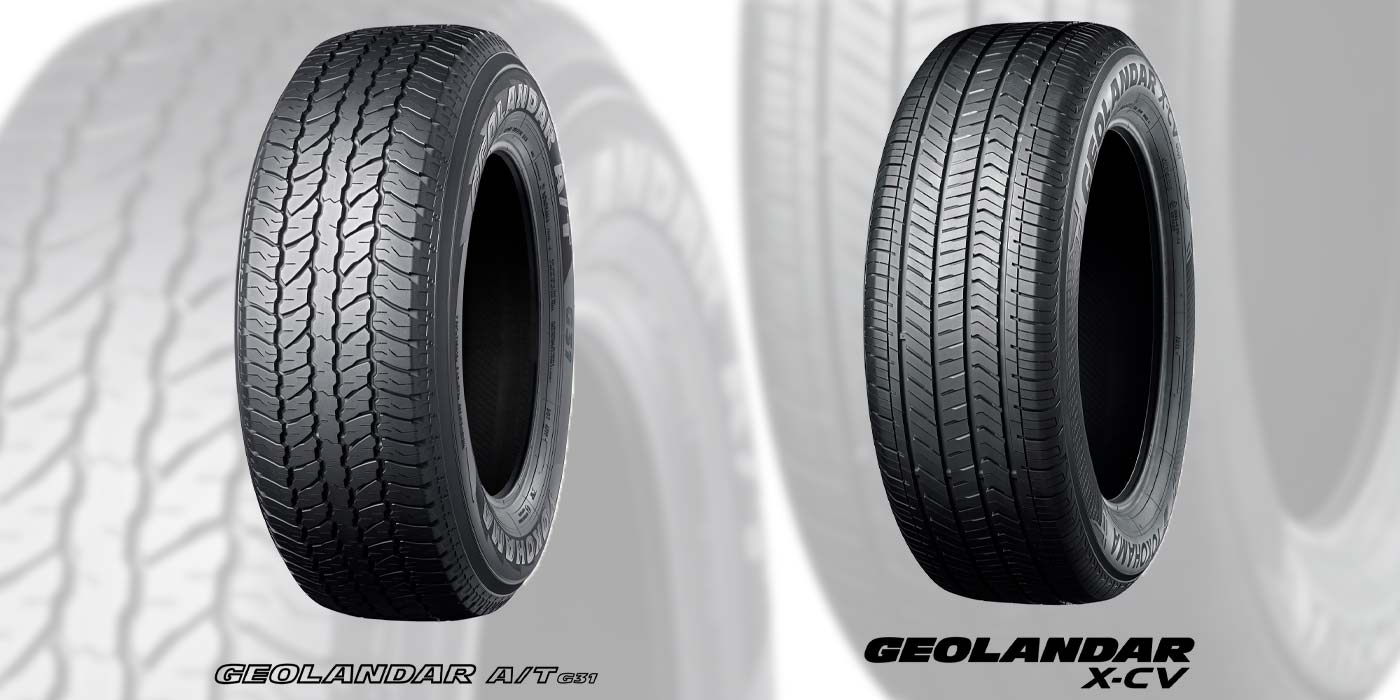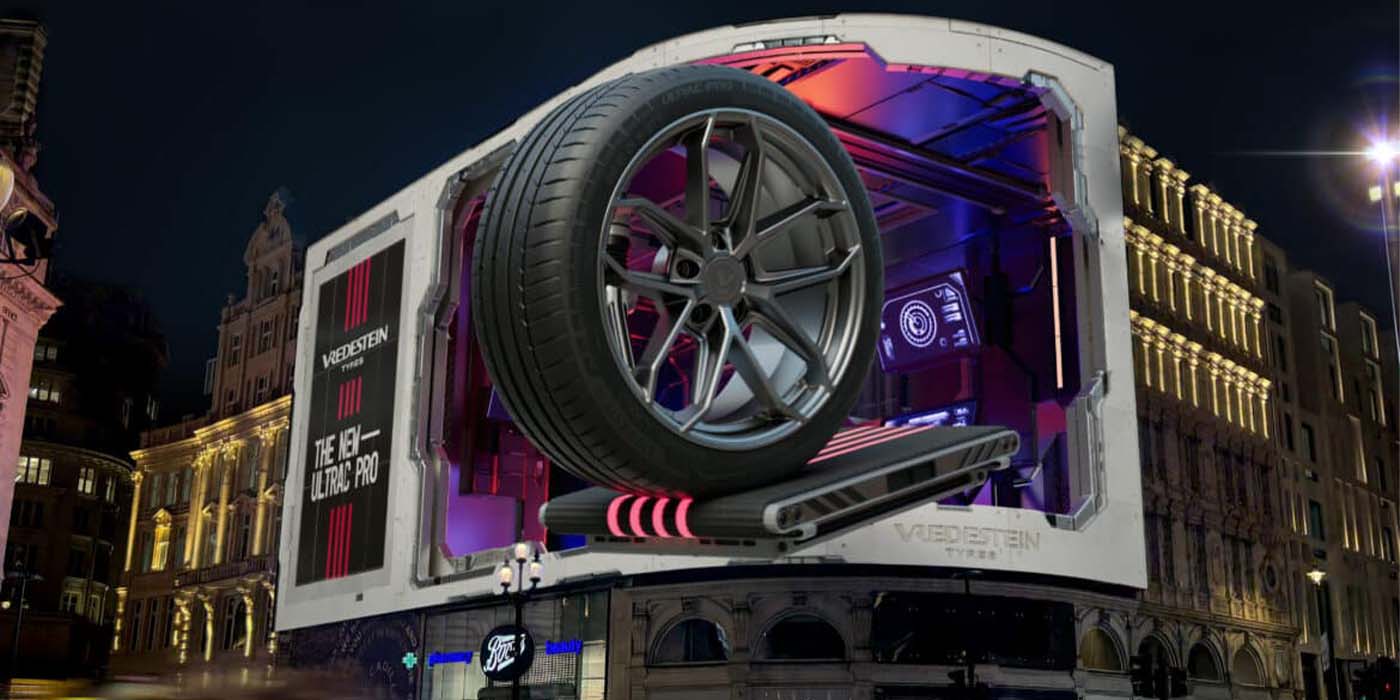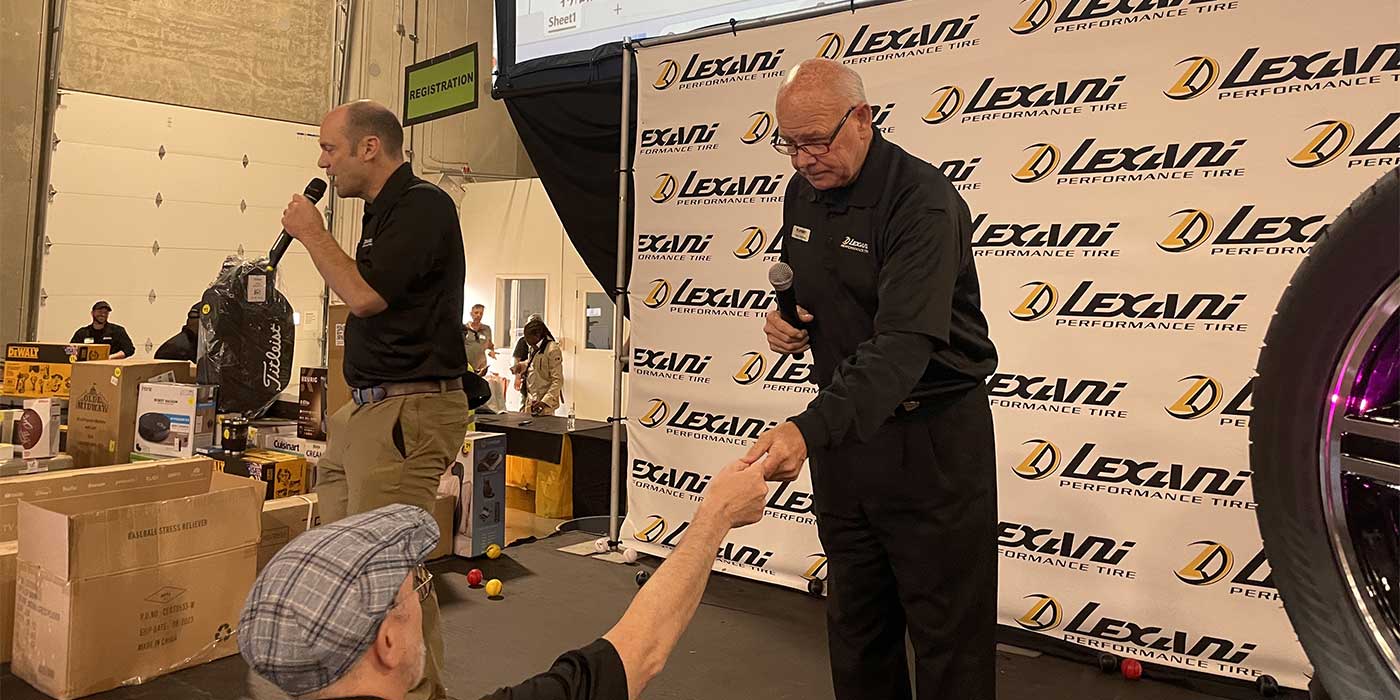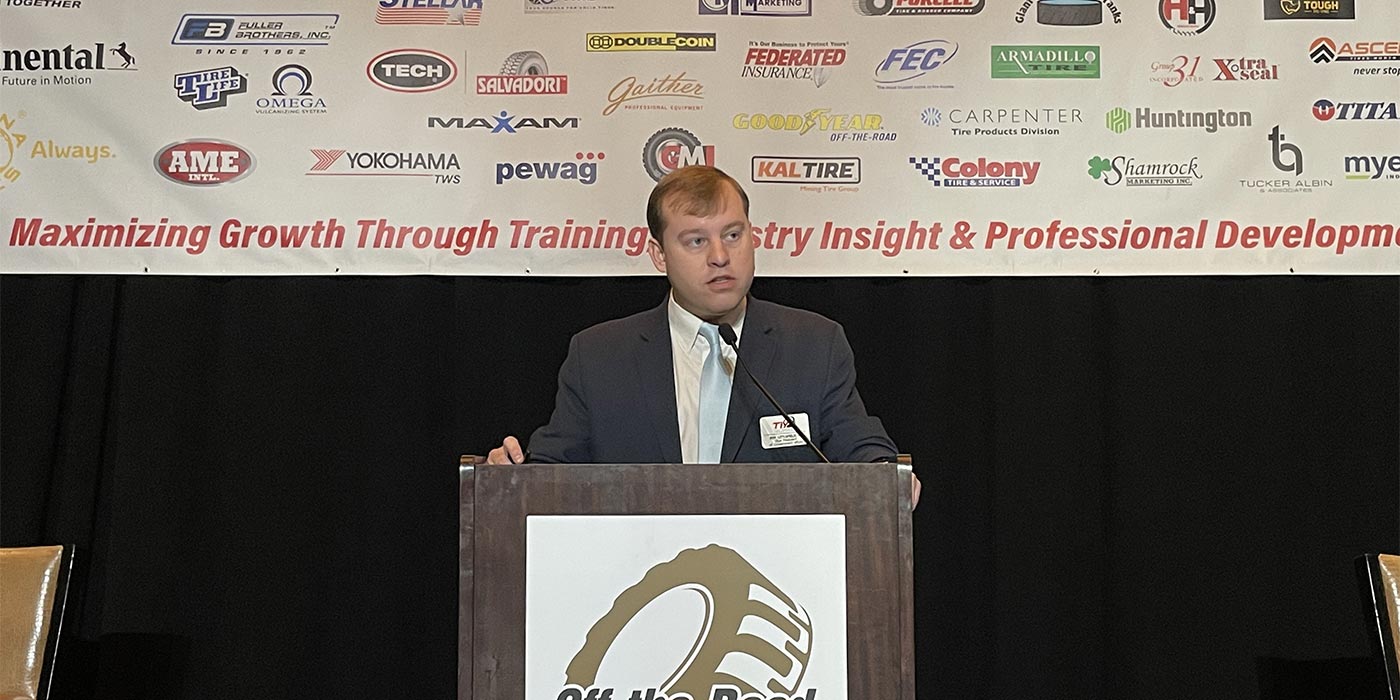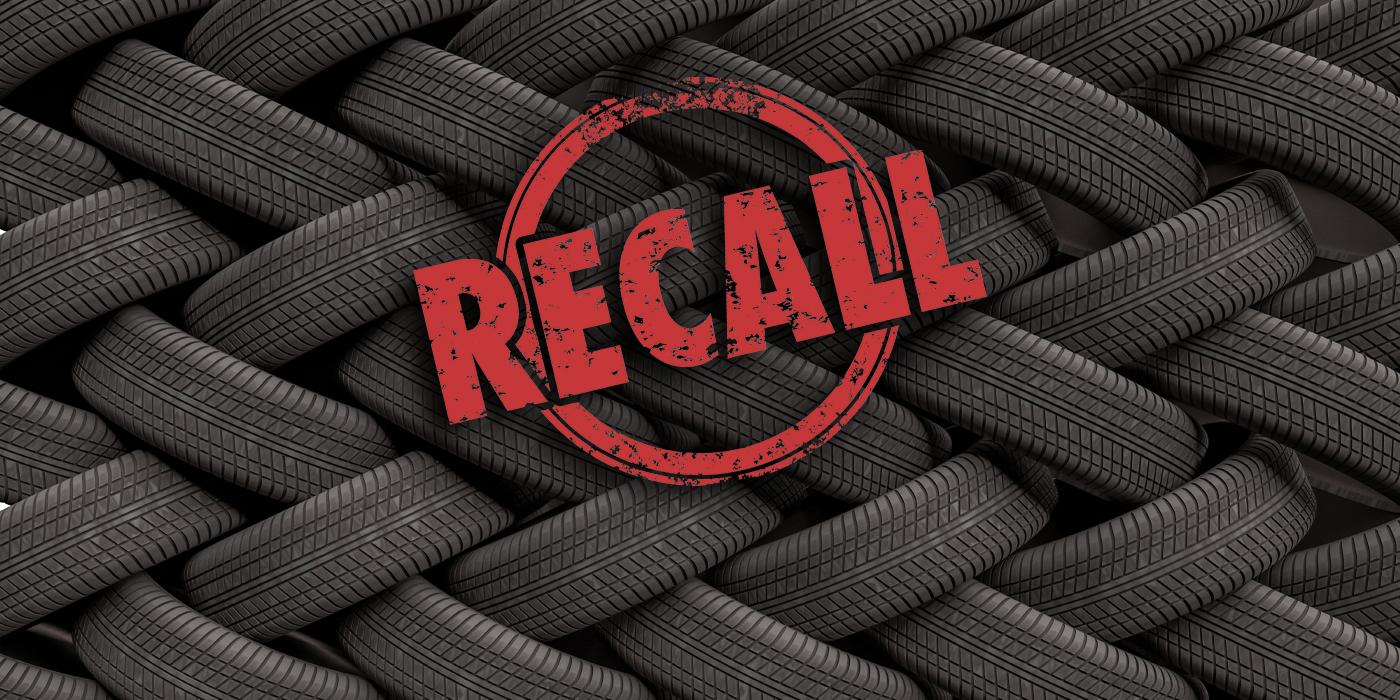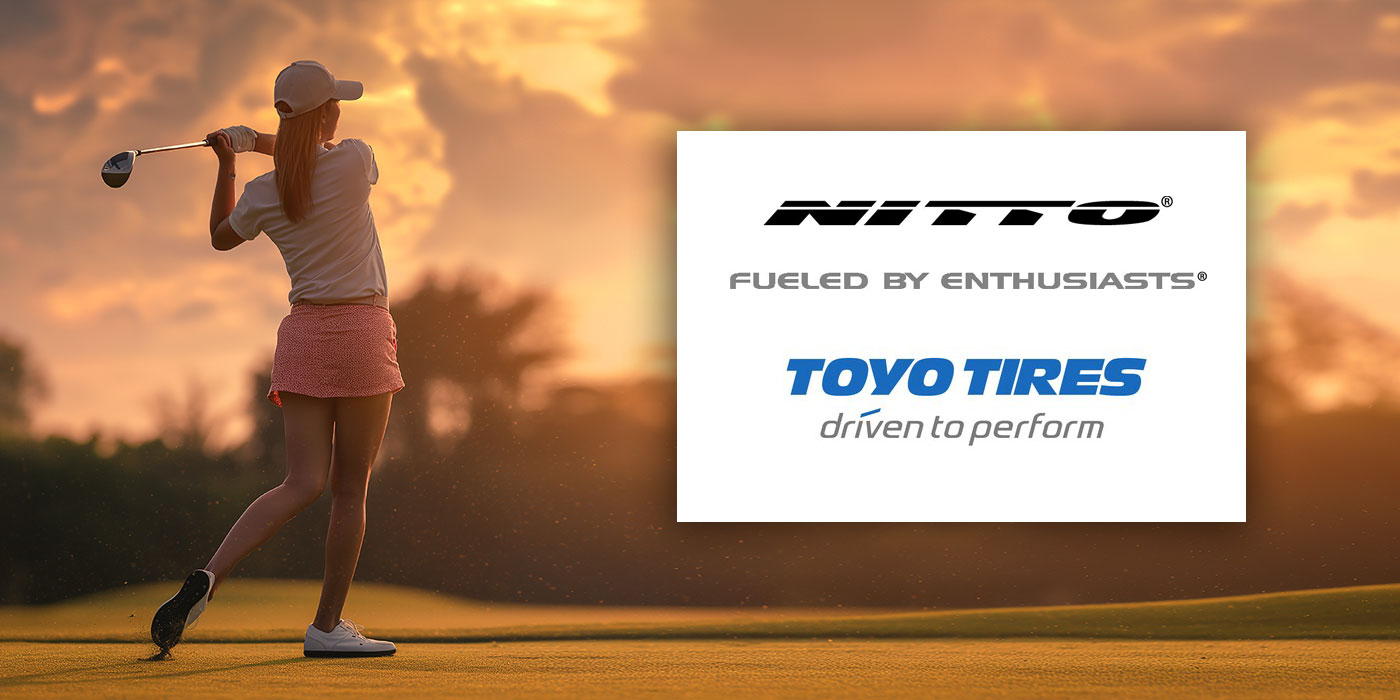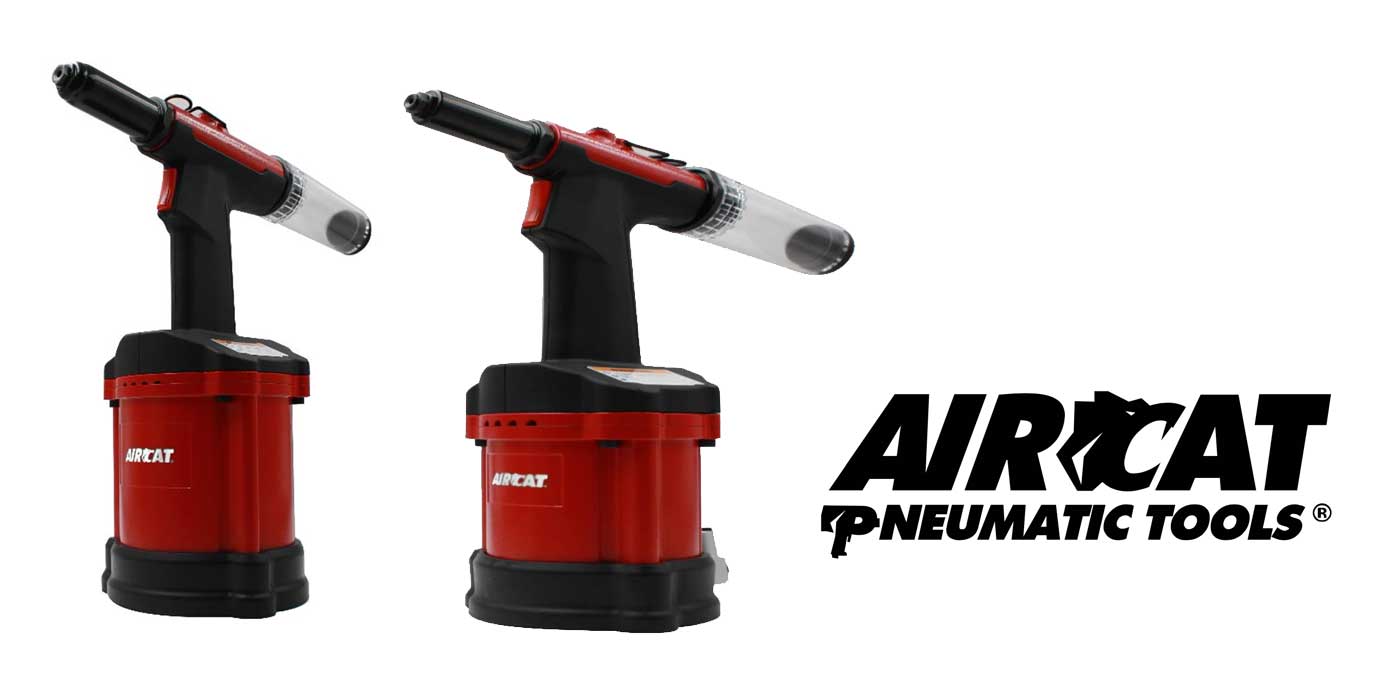This story by Editor Liana Shaw of Southern Africa Treads magazine illustrates another country’s efforts to wrangle tire imports from China, and the implications for the local industry.
The South Africa industry’s bid to implement tougher antidumping duties against Chinese tire plants was rejected in 2007 by local government. No basis for this decision was offered, nor did the rejection have any legal basis.
Not surprisingly, this controversial outcome has local industry in a flummox, unable to understand government’s reluctance to level the playing fields that would, in the process, assist the local economy and secure jobs. Which begs the question: Where to from here?
In contrast, in September 2009, in one of his first major decisions on trade policy, President Barack Obama opted to impose a tariff on tires from China in a move that fulfils his campaign promise to “crack down” on imports that unfairly undermine American workers. The decision is intended to bolster the ailing U.S. tire industry, in which more than 5,000 jobs have been lost over the past five years as the volume of Chinese tires in the market has tripled.
The tire tariff imposed will amount to 35% the first year, 30% the second and 25% the third in the aim to slow China’s rapid export growth and protect American jobs in the tire sector. China’s exports have surged since joining the Geneva-based commerce referee in 2001, rankling manufacturers in the United States, Europe and elsewhere. The U.S. imported about 46 million tires from China in 2008, three times as many as in 2004, with China’s share of the U.S. market shooting from less than 5% to almost 17%.
In South Africa the highway-type tires imported from China increased to 900,000 tires during 2008, which is 2.5 times the number of imports during 2004. Mining and agricultural imports also increased dramatically, although, in all fairness, they compensated for the global shortages on some off-road tires.
Where the United States is concerned, China has expressed anger over the decision by President Obama’s administration to slap steep tariffs on imported Chinese tires, calling the move protectionist. But however unpopular his decision within certain sectors may be, Obama appears to be sticking to his guns.
Says Dr. Gustav Brink, legal expert for the Trade Enhancement Project, currently operating out of Damascus, Syria: “From an international perspective there are currently 153 members of the World Trade Organization (WTO). Of these, 43 members, counting the European communities as one, have initiated 3,427 anti-dumping investigations under the WTO Anti-Dumping Agreement up to the end of 2008 (a total of 39 countries imposed 2,190 anti-dumping measures during this period). South Africa, with 206 initiations during this period, ranks as the fifth highest user of the instrument, while the 124 anti-dumping measures it imposed during this period also ranks at fifth in the world, after India, the U.S., the European Union and Argentina.
“Interestingly, South Africa anti-dumping legislation dates back to 1914 when the first anti-dumping duty was imposed on wheat imported from Australia in 1921. In 2003 the International Trade Administration Commission (ITAC) was established to replace the old Board on Tariffs and Trade and since then S.A. has initiated only 46 investigations resulting in the imposition of a mere 16 anti-dumping duties.
"In the period 1995 to 2002, a full 108 of 160 investigations in South Africa resulted in anti-dumping duties (67.5%) while only 34.8% of cases initiated since the establishment of ITAC in 2003 met with the same result. This of course raises serious questions as regards the efficacy of investigations undertaken by ITAC and shows the lowest ‘success’ rate of any authority that has conducted at least 10 investigations during this period,” adds Brink.
Scrutiny of ITAC’s reports show that in several instances, especially those involving China, ITAC failed to find any dumping despite very significant margins indicated in the industry’s application and despite other jurisdictions finding dumping and imposing duties against the same Chinese exporters exporting the same products. More alarming still, in several instances where ITAC actually found dumping, it often crafted a way of finding that factors other than dumping was causing the industry’s material injury, refusing to recommend the imposition of anti-dumping duties.
Three such examples include cheese from Ireland, toughened glass from China and automotive tires from China, resulting in considerable distrust by the industry in ITAC to the extent that few industries still submit applications. Instead, many industries have decided that it is easier to simply close their production units and start importing themselves, using the distribution network they had developed over the years. This follows despite government’s guarantee that unfair trade would be properly addressed.
In the recent automotive tires investigation, for instance, ITAC found that all cooperating Chinese exporters were selling in the ordinary course of trade despite several of these companies having significant government ownership and control. From ITAC’s final report 210 it is also clear that ITAC made several adjustments to its calculations that resulted in a finding that none of the cooperating exporters was dumping, despite the specific adjustments never having been made in previous investigations or in subsequent investigations.
What is more, in a clear contravention of the International Trade Administration Act, ITAC published the industry’s confidential information in its report. When confronted, it refused to take disciplinary action against its staff, despite the Act criminalizing the unauthorized release of confidential information and despite a specific request from the industry in this regard. Next, ITAC printed additional confidential information in its final report, thereby demonstrating its complete disdain for both the industry and the laws governing it.
Also noteworthy is that despite the significant decrease in the number of investigations, there has been a significant increase in the number of antidumping court cases against ITAC. Of all the challenges since ITAC was
established, ITAC has only managed to win one single case, losing at least four others. The High Court has gone as far as finding ITAC’s procedure illogical (in the Algorax matter) and unconstitutional and unfair (Degussa matter) but despite the rulings against it, ITAC never implemented these court decisions.
Claims Brink: “ITAC is currently involved in its biggest ever challenge on anti-dumping, involving the import of millions of rands worth of tires from China. All indications are that ITAC pre-determined the outcome of the investigation, i.e. not to impose anti-dumping duties at any cost. This follows from the facts that not one single argument raised by Trade Remedies Unlimited, acting on behalf of the industry, was taken into consideration in its deliberations.
It appears as though ITAC was not only biased against the domestic industry, but that it was also afraid of any potential political fall-out if it were to take anti-dumping action against China on a product that has been and is subject to anti-dumping investigations and duties in several countries.”
Serious allegations, indeed, that are about to be challenged as the industry takes the next step towards unraveling this complicated debacle.
Says Dr. Etienne Human, CEO of the SATMC: “The next step for this or any industry for that matter, would be to take whatever legal action is deemed necessary to ensure that its rights and business interests are protected at all cost.”
And such is the confidence on the part of the local industry that it will succeed with its review application to the High Court, that according to Human, it is wagering substantial legal costs to obtain the necessary result.
States Yujiro Kanahara, CEO for Bridgestone South Africa: “Firstly, we believe in fair competition. After all, every company should be able to compete in the South African market on the basis of a good quality product, good customer service and strong brand affinity. In so doing, every tire sold in South Africa should conform to minimum quality standards to promote the safety of the South African tire user.
“Whilst all local manufacturers must comply with minimum standards through various ISO standard audit processes, we accept that all imported tires comply with the minimum standards for South African operating conditions,” he says.
But this doesn’t appear to necessarily be the case, according to Human who says: “The existence of compulsory SANS standards for passenger and commercial tires (bakkie, truck and bus) sold in S.A. make it a requirement for all imported tires of these categories from any country into S.A. to comply with the homologation process.
Every brand and tire size for passenger and commercial vehicles requires homologation and the same applies to all locally manufactured tires. The homologation also applies to a factory anywhere in the world, which might be making the same brand and size but might have different quality standards. Import permits for these types of tires will not be issued by government unless homologation through the standards authorities has been proved.”
Human says the difficulty for the National Regulator of Compulsory Specifications (NRCS) is to ensure that all tires entering the country are indeed on the homologation list. This is because inspections at the ports of entry and the land borders especially, are a challenge. A further issue is the illegal entry of used tires into S.A. that are being fitted to vehicles but do not comply with S.A. standards.
According to Human, in general, the use of cross-border fraud to evade duties and quality requirements is happening on an ever-growing scale. He says: “As in any industry, most importers comply with the laws of the country while a handful, do not.”
Caution to the consumer
So what does all this mean for the consumer? With well over 40 different brands coming in from China alone, not to mention other parts of the world, how does the man on the street differentiate between a quality tire and a questionable one, bearing in mind that it would hardly be fair to paint all imported tires with the same brush?
Chinese tire production especially has come a long way in recent years, with several plants making world-class products that can compete equally with their western counterparts.
What the consumer needs to bear in mind is that ‘budget tires,’ which traditionally cost the least, cannot be guaranteed to provide the best possible service levels in terms performance and longevity. Owing to the stiff competition in the tire market, the cost of a tire can only be reduced by making the compounds cheaper or using less of a specific component per tire. Consumers often complain that the cheap tire they bought didn’t last long or developed problems and that is usually when suppliers grapple with making good on their “promises.” The best way to protect against an inferior tire is by following these simple guidelines:
• Understand the three types of new tires available, i.e. budget, quality and high performance tires, which provide all the requirements for powerful vehicles.
• Buy only through reputable tire dealers with a good reputation who stock only reliable tire brands backed by manufacturers’ guarantees and warrantees.
• Check that the tires carry the relevant quality marks, i.e. E-mark (European quality mark) of approval.
• Speak to present users of specific tire brands (as one would do when buying a new car) and share their experiences.
• Keep in mind that in the end, it is the cost per kilometer that counts, together with good performance which is essential at all times but particularly in wet weather.
As a long-standing member of the S.A. tire industry, it never ceases to amaze me how motorists are willing to spend close to a million rands on a vehicle but then expect the tires to last forever. Much like most things in life, remember ‘goedkoop koop is duurkoop!’
Insofar as the current absence of anti-dumping regulations are concerned Bridgestone’s Kanahara adds: “Local manufacturers provide a significant contribution to gainful employment and a market structure that undermines this key point, can only lead to unfortunate consequences for the social integrity of many communities where manufacturing plants operate. It is in everyone’s interest to promote a market structure that promotes socio-economic stability and fair competition.”

